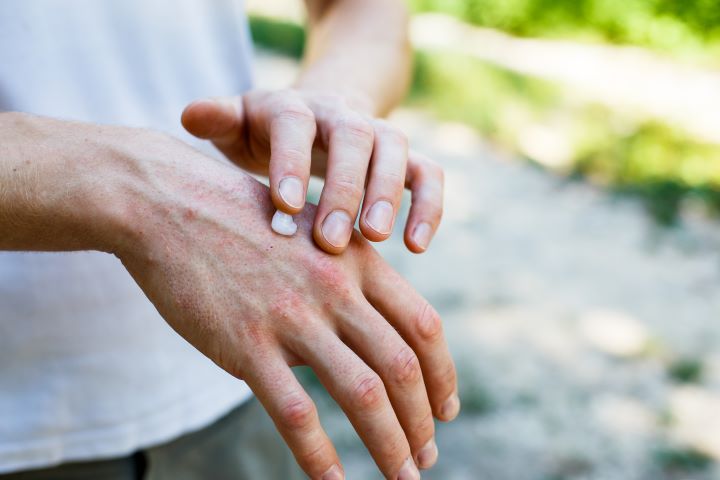Eczema Treatment: Relief for Skin Rashes and Itching
Eczema is a common inflammatory condition that causes dry, irritated skin and recurring rashes that can be intensely itchy. Understanding practical treatment options, triggers, and when to consult a specialist helps people manage symptoms and improve skin health. This article is for informational purposes only and should not be considered medical advice. Please consult a qualified healthcare professional for personalized guidance and treatment.

What is eczema?
Eczema (atopic dermatitis) is a chronic skin condition marked by inflammation, dryness, and a tendency to flare periodically. It often begins in childhood but can affect adults as well. The immune system, genetic factors, and environmental triggers all play roles. Typical signs include red patches, scaly or cracked skin, and episodes of worsening symptoms. Diagnosis is clinical, based on appearance and history; in some cases, allergy testing or a dermatologist consultation helps identify contributing irritants or allergic triggers.
How does eczema affect your skin?
Eczema disrupts the skin’s barrier function, making it less able to retain moisture and more vulnerable to irritants and microbes. This damaged barrier explains why skin becomes dry, sensitive, and prone to cracking or secondary infection. Long-term scratching can thicken skin in areas (lichenification) and increase discoloration. Daily skin care routines—gentle cleansers, regular moisturization, and avoiding harsh soaps—focus on restoring barrier function and reducing inflammation to maintain healthier skin over time.
Why does eczema cause rashes?
Rashes in eczema are the visible expression of underlying inflammation. Triggers vary widely: temperature changes, sweat, certain fabrics, soaps, fragrances, and allergens like dust mites or pet dander can provoke flare-ups. Emotional stress and hormonal shifts can also worsen rashes. Identifying personal triggers—often by keeping a symptom diary or working with a clinician—helps reduce the frequency and severity of rashes. During a flare, topical anti-inflammatory treatments and soothing emollients are commonly used to calm the skin.
How to ease relentless itching?
Itching is one of the most distressing symptoms of eczema and can perpetuate a cycle of scratching and further skin damage. Strategies to reduce itching include using fragrance-free moisturizers multiple times daily, cool compresses, and short, lukewarm showers instead of hot baths. Over-the-counter antihistamines sometimes provide nighttime relief, while topical corticosteroids or non-steroidal anti-inflammatories prescribed by a clinician can control moderate to severe itching. Behavior techniques—like keeping nails short and using distraction—also reduce scratching and help skin heal.
What role does dermatology play?
Dermatology specialists evaluate persistent or severe eczema, differentiate it from other rash-causing conditions, and design individualized treatment plans. Dermatologists can prescribe stronger topical agents, phototherapy, or systemic medications for widespread or treatment-resistant eczema. They also help rule out infections or contact dermatitis and recommend targeted testing if allergies or occupational exposures are suspected. For complex cases, dermatologists coordinate care with allergists, pediatricians, or primary care providers to address comorbid conditions and long-term management.
Practical eczema treatment options
Treatment balances immediate relief and long-term skin health. First-line measures include regular emollients, trigger avoidance, and topical anti-inflammatories (low- to mid-potency corticosteroids or topical calcineurin inhibitors). For moderate to severe cases, options may include phototherapy, short courses of oral corticosteroids, or newer systemic therapies like biologics when appropriate. Non-prescription measures—moisture-retentive baths with emollients, wet-wrap therapy for children, and fragrance-free skincare—are valuable. Tailoring treatment to age, severity, location of lesions, and lifestyle yields the best outcomes and reduces recurrence.
Conclusion
Eczema management combines consistent skin care, trigger identification, and appropriate medical treatments when needed. While many people achieve good control with moisturizers and topical treatments, persistent, widespread, or infection-prone eczema benefits from specialist evaluation in dermatology. Working with clinicians to develop a practical, individualized plan helps reduce rashes, relieve itching, and restore healthier skin over time.






